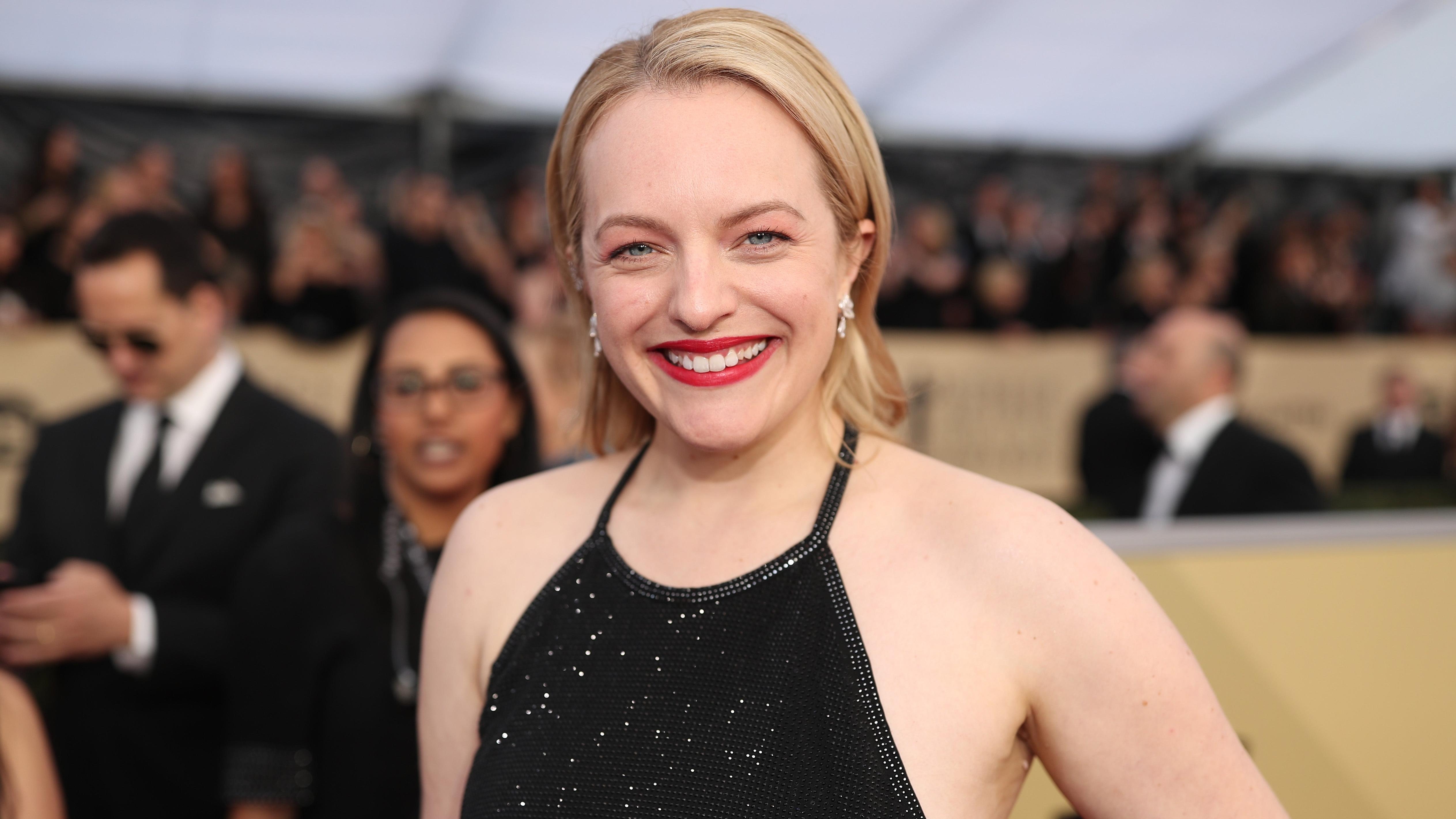Elisabeth Moss explains why she doesn't speak openly about being a Scientologist too often
"I don’t want people to be distracted by something when they’re watching me," says the Handmaid's Tale star

Elisabeth Moss is one of those celebrities who’s always appeared to be pretty normal—but then you remember that she’s a Scientologist. Unlike other celebrities, including poster child for Scientology, Tom Cruise, Moss didn’t get into Scientology after becoming famous—she was actually raised within the pseudo-religion. But she’s rarely open about that aspect of her life.
In a new interview for The New Yorker, Moss gives a rare, candid look into the role that Scientology plays in her life, and she shares why she chooses not to talk about it too much.
“I don’t want to come off as being cagey,” she explains. “If you and I met, just hanging out as friends, I’m, like, an open book about it.” But, she added, “I don’t want people to be distracted by something when they’re watching me. I want them to be seeing the character. I feel like, when actors reveal too much of their lives, I’m sometimes watching something and I’m going, Oh, I know that she just broke up with that person, or, I know that she loves to do hot yoga, or whatever it is.”
When told by interviewer Michael Schulman that people are “already distracted by it,” Moss politely responds, “People can obviously hold in their mind whatever they want to, and I can’t control that. If it’s not that, it’s going to be something else.”
She adds, “It’s not really a closed-off religion. It’s a place that is very open to, like, welcoming in somebody who wants to learn more about it. I think that’s the thing that is probably the most misunderstood.”
Schulman also asks how viewers of The Handmaid’s Tale could reconcile with her being part of a religion that has so many reported instances of abuse. “I would just encourage people to find out for themselves,” says Moss. “I’ve certainly been guilty of reading an article or watching something and taking that as gospel.”
She continues, “And obviously something like religious freedom and resistance against a theocracy is very important to me.”
You can read the rest of the interview at The New Yorker.